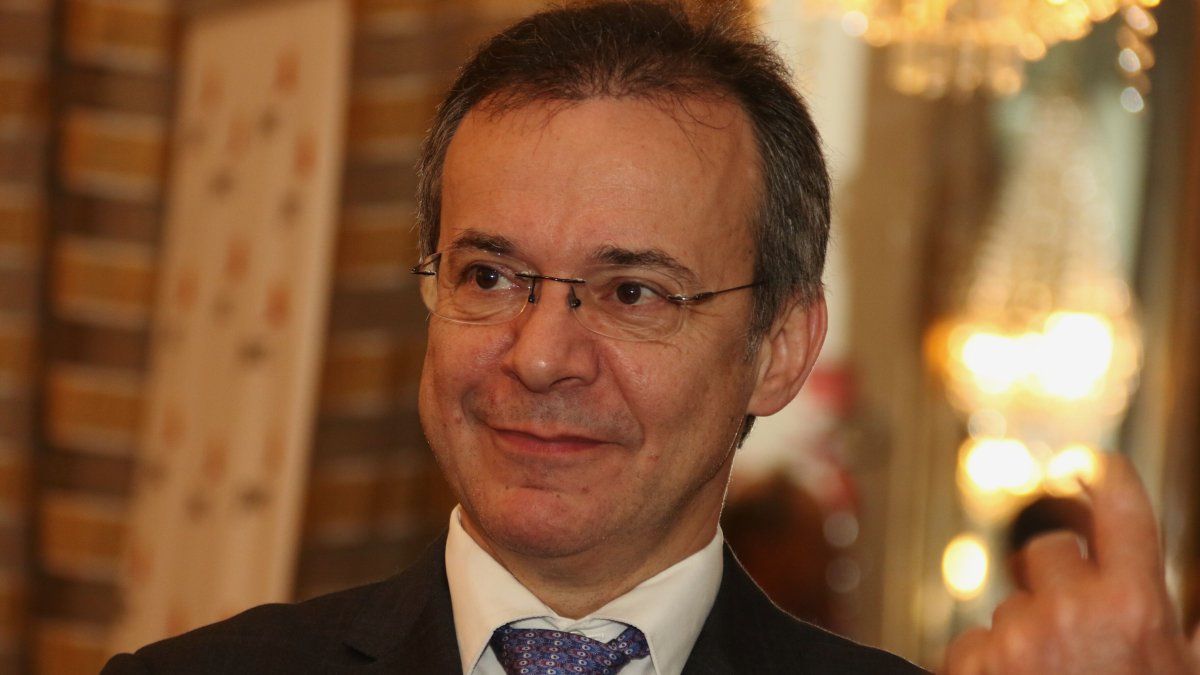He economist Daniel Artanahead of the FAITHFUL Foundation and professor at National University of La Plata (UNLP) and in the Torcuato Di Tella University (UTDT)analyzed the economic and political situation of Argentina, in the midst of the exchange rate uncertainty and negotiations with USA and the International Monetary Fund (IMF).
In radio statements, the specialist evaluated the current market situation, the impact of the swap with the United States and the challenges that the country faces facing 2025. He also highlighted the need to maintain financial stability and move forward with a more orderly economic scheme after the elections.
Swap and exchange stability
Artana explained that the objective of the new agreements with the Treasury American aims to provide predictability on the exchange front. “The amounts that were mentioned would be equal in amounts, one in swap. It is to give some peace of mind in the exchange market. That is going to go to a scheme that the Government always had, which is floating in the band,” the economist explained.
However, he warned that actual swap availability is not guaranteedsince its use depends on the authorization of the country that grants it. “It’s one thing to have a signed swap and another thing to be able to use it. The swap with China was used at the beginning of Macri’s administration and during Massa’s administration. You have to ask permission to use it. In the case of the United States, we still do not know the conditions,” he pointed out.
In this regard, he considered that the US intervention will bring greater order to the economic transitionalthough he clarified that the value of the dollar must adjust naturally.
JAVIER MILEI AND DONALD TRUMP
Presidency
“The intervention of the North American Treasury suggests that things are going to be much more orderly. Afterwards, the exchange rate will have to go where it needs to go,” he stressed.
Political uncertainty and a look to the future
Asked about the electoral climate and its effects on the exchange rate, Artana pointed out that uncertainty will persist until after the elections.
“There is electoral uncertainty in the exchange rate, only after the elections will we know for sure”, he indicated.
However, he was optimistic about the 2025 scenario, considering that next year will offer more favorable conditions to advance with structural reforms.
“I think that next year we will go to a different scheme. It seemed like the world was going to end on October 26, as if everything would end after a midterm election. Next year, since it will not be an election, we can move forward with some reforms and consensus in Congress”, he stated.
Debt and international agreements
The economist insisted on the need to avoid default and keep calm in the markets. “To the extent that we can avoid a debt default and extreme volatility, we prevent the common citizen from having a bad time.”, he warned.
In relation to the commitment to the International Monetary Fundstressed that the country already has a signed program and that the debate should focus on its convenience.
“Argentina has a signed commitment to what needs to be done with the IMF. It seems to me that we are trying to look for too many details, what we have to see is whether this is useful or not.“, held.
Artana also warned that The continuity of the agreements will depend on the political sign of the US Government. “Do you think it is possible that the American government or some European government makes a swap with Venezuela? Probably not. We must see if in Argentina, when the political sign changes, the United States continues negotiating with our country or not.”, he stated.
Economic predictability
Finally, the economist stressed that one of the main challenges to regaining investor confidence is regulatory stability.
“What an investor wants to see is what is going to happen in the long term. Here you have had changes in the rules of the game with the different governmentss. You can discuss whether it is right or wrong, but once you do it you cannot change it,” he concluded.
According to Artana, Next year’s challenge will be to consolidate economic and political stabilitycombining macroeconomic order, legal predictability and a favorable climate for productive investments.
Source: Ambito




